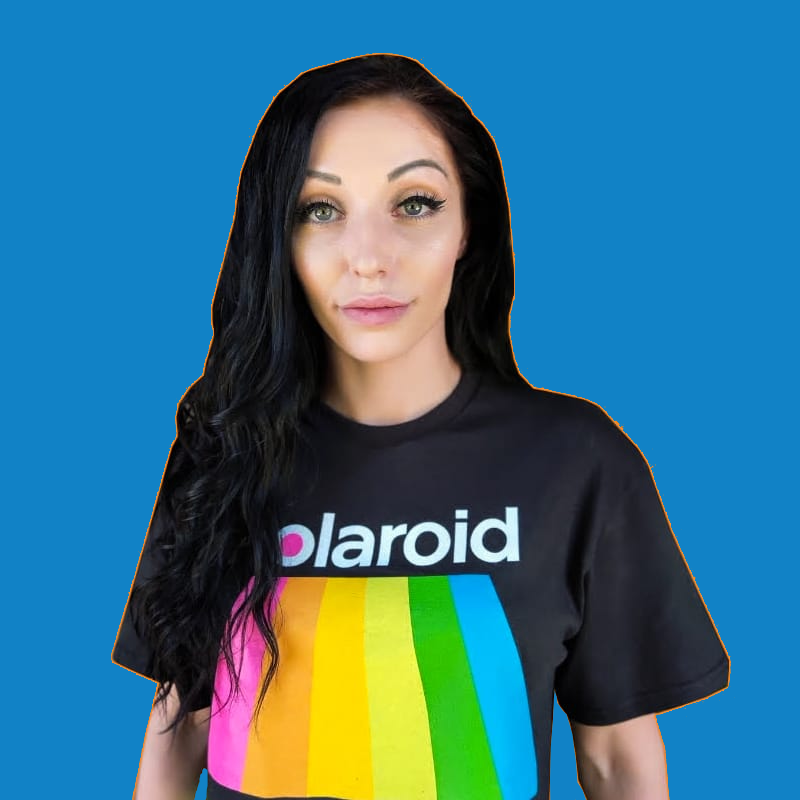How Influencers Have Transformed Modern Marketing
The techniques of marketing have evolved greatly over the past centuries. But perhaps the most disruptive and revolutionary changes have occurred after the start of the 21st century. One of these transformations is the advent of social media, which has paved the way for novel marketing techniques such as influencer and affiliate marketing.
What are influencers and influencer marketing?
Influencer marketing refers to the use of influencers on social media to promote a brand or its products. Influencers are those social media users who have garnered a large following, which is 'influenced' by the opinions of influencers. Nowadays, influencers play a fundamental role in trendsetting. People tend to follow the opinions and believe the reviews and endorsements of influencers much more than those of celebrities. This is mainly due to a more personalized relationship and a ‘human’ element that influencers have when interacting with followers. Simply put, people prefer to trust influencers much more, due to the strong credibility that has been established over time.
This power of influencers enables brands to benefit by engaging them in promotions for their products. It allows brands to achieve various marketing objectives, such as increasing brand awareness, introducing a new product to a new market segment, boosting sales, or increasing traffic to their site.
Before the rise of the influencer
Since the nineteenth century, businesses have been leveraging celebrities and prominent personalities to market their products. The advent of television and radio ushered in a new era of marketing prowess for businesses, as they were able to make use of celebrity endorsements to their benefit. The ‘Malboro Man’ or Coca-Cola’s Santa marketing campaigns were prime examples of this radical change.
Then came the Internet, which paved the way for digital marketing at a scale that was previously unprecedented. It led to swathes of content being shared within a matter of seconds and made consumers across the globe more interconnected than ever before. As we entered into the 21st century, we saw the rise of social media, which was gradual at first, but then shot up in popularity as we entered the 2010s.
Through social media popped up the idea of using influencers to promote products as well as entire brands. Brands began to realize that there are individuals who have raked up large followings, whose opinions are greatly influenced by these individuals. As businesses started to leverage these individuals for executing their digital marketing campaigns, these people came to be known as ‘influencers’.
The influencer marketing transformation
Influencer marketing has allowed brands to reach an incredibly large audience in a fraction of the cost incurred using traditional marketing methods to reach a similar audience size. For instance, while advertising on television does ensure significant reach, it takes up a huge proportion of a firm's marketing budget due to the high charges for just a few seconds of screen time. Since influencers already have a massive reach, brands can greatly cut down on the cost of reaching such a large audience and don't even have to make an effort to find and gather such people on one platform.
Such has been the impact of influencers in the marketing arena, that brands are compelled to find novel ways to leverage influencers for gaining a competitive edge within their categories. No longer can brands just use influencers and think they are doing enough for their marketing. This is because of the heavy competition that has emerged within the influencer marketing sphere. Brands need to put in much more effort into researching and evaluating influencers to ensure they select those that bring maximum benefit for the brand. This requires finding and collaborating with influencers whose content, interests, style, tone, and image aligns well with those of the brand. It also requires brands to engage in effective two-way communication with influencers to ensure that the collaboration is fruitful.
It is also not enough to just collaborate with a large number of influencers in the hope of reaching a large audience. Increasingly, brands are choosing to collaborate with micro-influencers who have higher rates of engagement with their followers. For instance, a mega influencer with say, 3 million Instagram followers is likely to be highly disconnected with their audience, while a micro-influencer with around 50,000 followers would have a relatively closer connection and higher engagement rate with their followers.
Enter influencer marketing agencies
SIde by side with influencer marketing, the use of influencer marketing agencies has been on the rise as well. Influencer marketing agencies help bridge the gap between brands and influencers. They help them connect with each other and engage in meaningful collaborations.
If your brand is looking to benefit from the wonders of influencer marketing, look no further. Influencer Hub is here to serve all your influencer marketing needs. It will allow you to choose from hundreds of influencers across a multitude of categories and publish your campaigns with just a few clicks. You can collaborate with your chosen influencers and keep constant track of all your collaborations. Head over to this page to know more about how Influencer Hub can cater to all your influencer marketing needs!


























